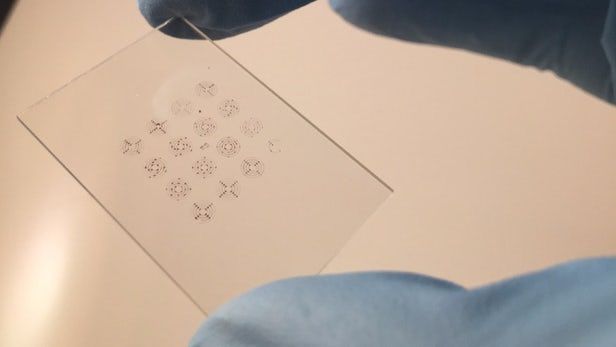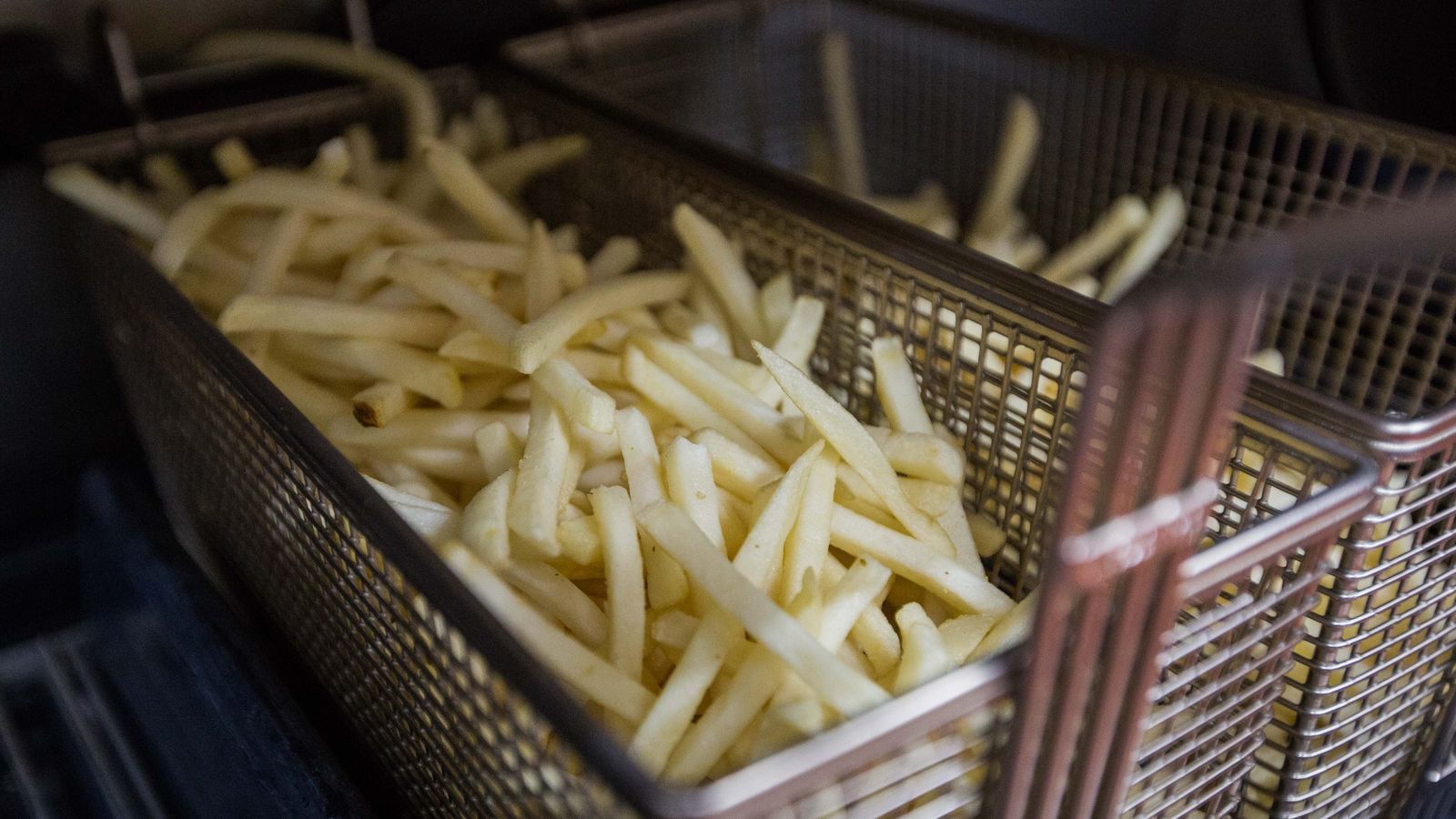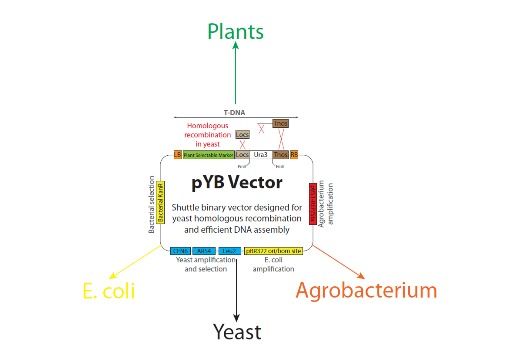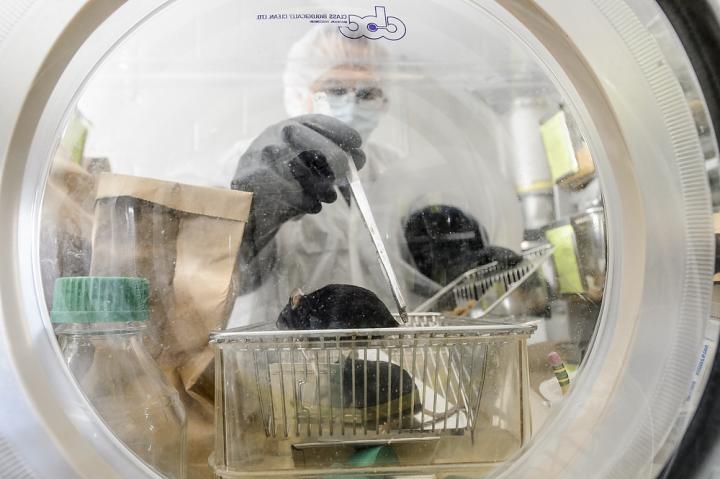You get out what you put in.
You are what you eat, the old saying goes, but why is that so? Researchers have known for some time that diet affects the balance of microbes in our bodies, but how that translates into an effect on the host has not been understood. Now, research in mice is showing that microbes communicate with their hosts by sending out metabolites that act on histones—thus influencing gene transcription not only in the colon but also in tissues in other parts of the body. The findings publish November 23 in Molecular Cell.
“This is the first of what we hope is a long, fruitful set of studies to understand the connection between the microbiome in the gut and its influence on host health,” says John Denu, a professor of biomolecular chemistry at the University of Wisconsin, Madison, and one of the study’s senior authors. “We wanted to look at whether the gut microbiota affect epigenetic programming in a variety of different tissues in the host.” These tissues were in the proximal colon, the liver, and fat tissue.
In the study, the researchers first compared germ-free mice with those that have active gut microbes and discovered that gut microbiota alter the host’s epigenome in several tissues. Next, they compared mice that were fed a normal chow diet to mice fed a Western-type diet—one that was low in complex carbohydrates and fiber and high in fat and simple sugars. Consistent with previous studies from other researchers, they found that the gut microbiota of mice fed the normal chow diet differed from those fed the Western-type diet.








